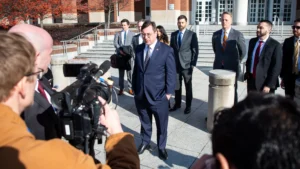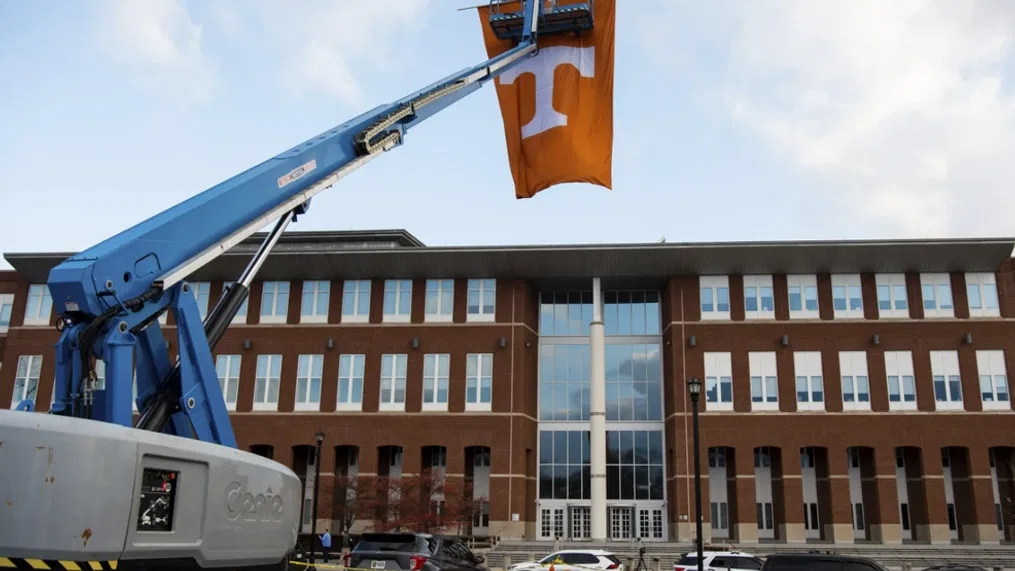News has just broken that a federal judge in Tennessee has granted a preliminary injunction against the National Collegiate Athletic Association (NCAA), suspending its rules regarding Name, Image, and Likeness (NIL) benefits for athletes.
The ruling marks a critical point in the ongoing battle over student-athlete compensation rights, with Tennessee and Virginia emerging victorious in this round.
Previous Coverage Actions
Previously, the NCAA had imposed restrictions on the use of NIL benefits, arguing they were being used to recruit athletes unfairly. These restrictions barred the NCAA from enforcing its rules that prohibited student-athletes from receiving compensation from their own name, image, and likeness.
The NCAA argued that the NIL rules were essential to preserving the amateur status of college sports and preventing undue influence in recruitment processes.
However, the states of Tennessee and Virginia took a firm stand against these measures, launching a lawsuit against the NCAA. The state claimed that the NCAA’s NIL restrictions likely violated federal antitrust law and harmed student-athletes by restricting their ability to profit from their own personal brands.
The granting of the preliminary injunction by U.S. District Judge Clifton Corker effectively freezes these NCAA rules, allowing student-athletes in Tennessee and Virginia to benefit from their NIL rights without fear of NCAA repercussions. This decision has been hailed as a significant victory for student-athletes across the state.
The Impact of the Injunction
Judge Corker’s ruling marks a significant shift in the NCAA’s ability to control NIL policy. The judge stated that the NCAA’s recruitment ban “likely violates federal antitrust law and harms student-athletes.” This decision is poised to have far-reaching impacts on the landscape of college sports, particularly in terms of athlete recruitment and compensation.

With the injunction in place, the NCAA is barred from enforcing its rules that prevent NIL compensation from being used in the recruitment of athletes. This could potentially open the floodgates for student-athletes to receive increased benefits, fundamentally changing the dynamics of college sports recruitment.
As the dust settles on this landmark decision, all eyes are now on the NCAA to see how it will respond. With its NIL policy enforcement powers curtailed, the organization may need to reassess its approach to student-athlete compensation and recruitment.
In conclusion, the granting of this preliminary injunction to Tennessee is a significant development in the ongoing debate surrounding NIL rights and student-athlete compensation. Stay tuned for further updates as we delve deeper into the implications of this groundbreaking ruling.




